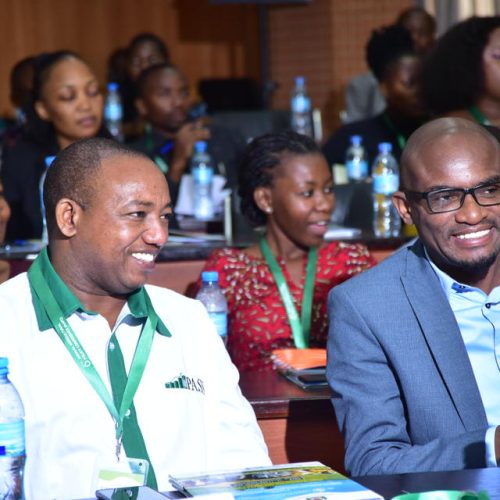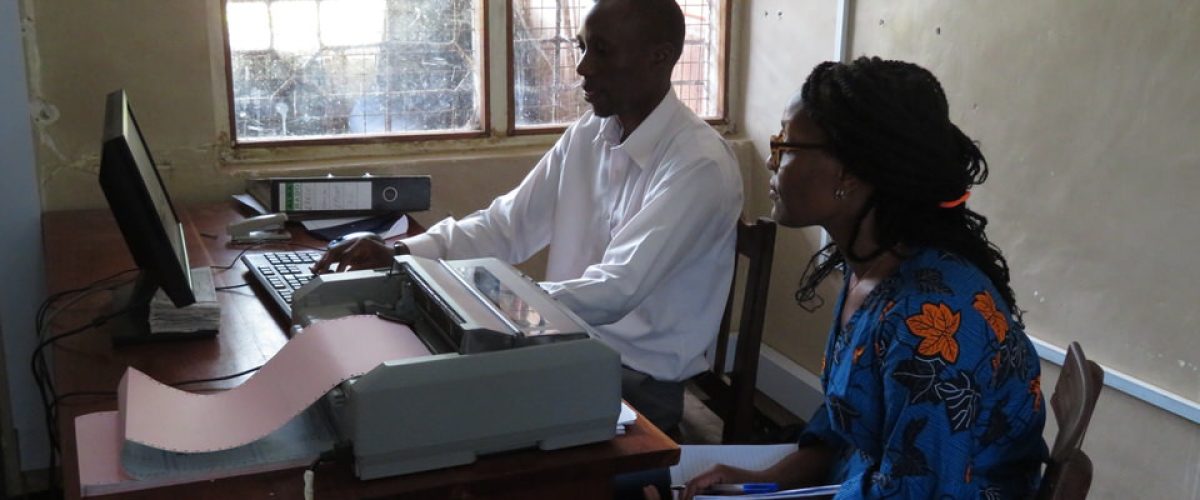The ASPIRES project under this component has been supporting reforms in ten policies of which six have been fully or partially approved, three are at high level dialogue and one is at research level. Even for the completed reforms, further reforms are anticipated as reforms are not static.

ASPIRES played a leading role in establishment of the Policy Analysis Group (PAG) which brings together over 15 organizations working around policy interventions. The purpose of PAG is to coordinate policy activities to ensure there is no duplication of effort and to promote collaboration and synergy. PAG also coordinates policy dialogue with the GoT and other stakeholders to ensure consistency in policy messaging. PAG jointly organizes the Annual Agricultural Policy Conference (AAPC) to bring over 250 stakeholders to share policy research results, identify emerging policy issues for reforms and to prioritize new areas of research.
PAG has advocated reforms in the following areas:
As a result of PAG efforts through ASPIRES leadership, exemptions for VAT have been provided for farm inputs, farm machinery, equipment and various technologies to improve agriculture productivity and reduce post-harvest losses. Import tariffs have been raised on some imported agricultural products such as edible oil, milk, fruit juice, wine, poultry, meat and others.

ASPIRES policy activities are implemented in collaboration with six Agricultural Sector Lead Ministries (ASLMs)of the GoT and other policy and research departments. Through collaborative research, ASPIRES has contributed to build capacity of partner institutions to make informed decisions, improved and transparent policy reform process. The beneficiary institutions include:
GoT Ministries: The ASLMs are the Ministry of Agriculture (MoA), Ministry of Livestock and Fisheries (MLF), and the Ministry of Industry and Trade (MIT). Others are Presidents’ Office – Ministry of Regional Administration and Local Government (PO-RALG), Ministry of Health, Community Development, Elderly, Gender, Women (MHCDGW) and Ministry of Finance and Planning (MoFP). The target has been Policy and Planning Departments of ASLMs.
GoT Departments: National Bureau of Statistics (NBS), Tanzania Food and Nutrition Center (TFNC), MIU and PSD.
Sokoine University of Agriculture
Local Government Authorities (186 LGAs)
Parliamentary Committee in Agriculture, Livestock and Fisheries
The results of ASPIRES interventions include:
Over 20 research activities have been implemented with support from ASPIRES. The collaborative research work has focused on agricultural transformation. Results of the research has been put into use in:
Subscribe to receive updates relating to agricultural research & transformation in Tanzania
© 2020 ASPIRES Tanzania. All Rights Reserved.